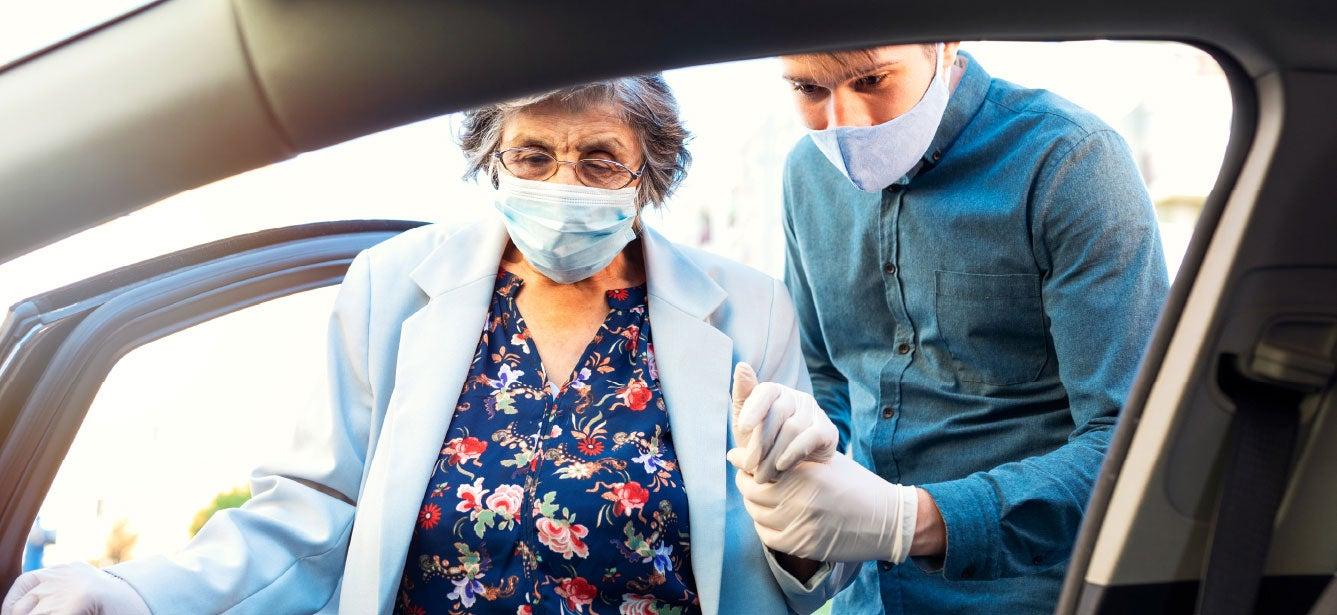Rideshare as Nonemergency Medical Transportation: Helping Fill Older Adults' Transportation Needs
5 min read

Nearly 6 million people delay medical care in the United States each year due to a lack of transportation.1 When it comes to nonemergency medical transportation, or NEMT, rideshare services like Lyft are showing promise in helping meet an ever-increasing need.
In a study commissioned by Lyft and conducted by RAND, researchers found ways rideshare is working well and some challenges in helping get people to and from nonemergency medical appointments. Some of the study's key findings:
- Rideshare-based nonemergency medical transportation, or RB-NEMT, "can help reduce system strain and satisfy the unmet or poorly met need for on-demand cost-effective solutions within the NEMT ecosystem."
- RB-EMT is most appropriate for inpatient and outpatient discharges, on-demand rides, requests for rides in which the scheduled transportation failed to arrive, and rides requiring minimal assistance or monitoring.
- More research is needed on RB-EMT outcomes and efficiency, and the size, distribution and projections for required transportation services, especially among vulnerable populations like people with disabilities and those with lower incomes.
Specific recommendations for policymakers:
- Recognize transportation is a fundamental component of health care access and nonemergency medical transportation is "a central pathway of ensuring access to vulnerable populations."
- Specific ways to link rideshare to the NEMT system will vary by state, but rideshare is "a unique, economical, efficient, and otherwise unoccupied niche of the NEMT ecosystem."
What is the future of rideshare's role in medical transportation?
"As rideshare services expand in popularity—and as the populations accessing NEMT through Medicaid and Medicare Advantage increases—it becomes more pressing to explore gaps and insufficiencies in current NEMT service paradigms, the role RB-NEMT can optimally play, and the benefit of RB-NEMT playing that role in the health care access ecosystem," according to the study report. "Rideshare is a new technology in the NEMT space, and its role is still evolving.2
Read the full "Going to the Doctor: Rideshare as Nonemergency Medical Transportation" study report to learn more.
Sources
1. Mary K Wolfe, et al. Transportation Barriers to Health Care in the United States: Findings from the National Health Interview Survey, 1997–2017. American Journal of Public June 2020. Found on the internet at https://www.ncbi.nlm.nih.gov/pubmed/32298170
2. Brian W Powers, et. al. Nonemergency Medical Transportation: Delivering Care in the Era of Lyft and Uber. Journal of the American Medical Association. September 2016. Found on the internet at https://pubmed.ncbi.nlm.nih.gov/27599325/
